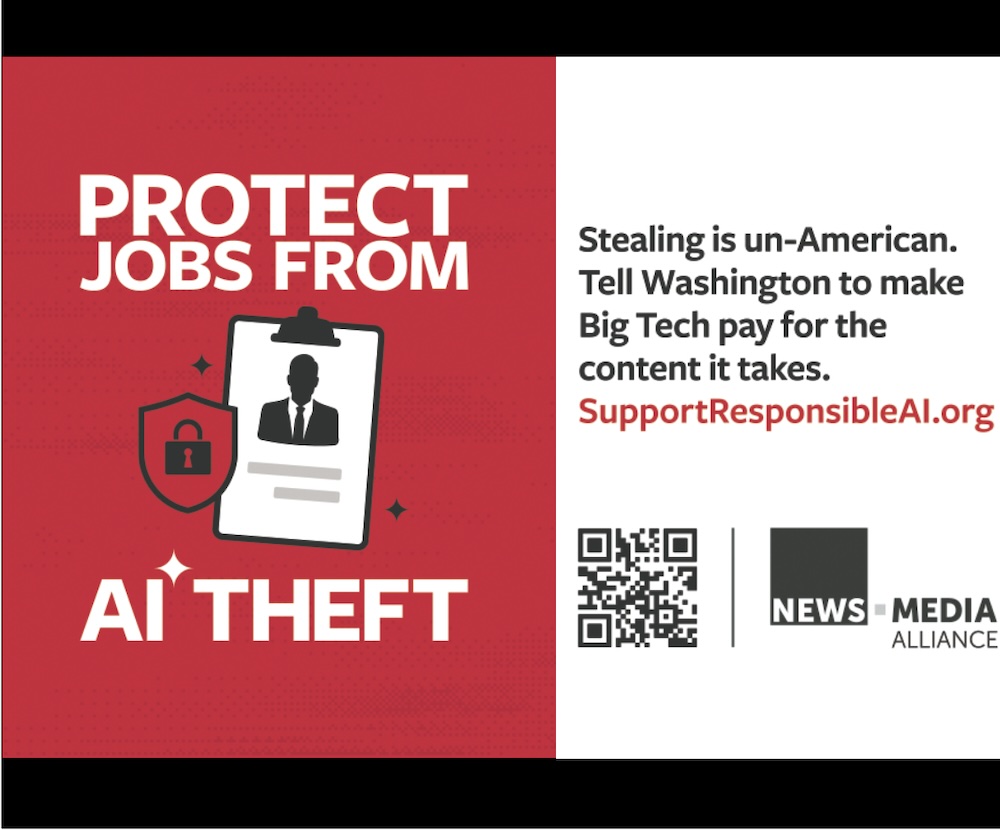How Michiganders can help and support Ukrainians while avoiding scams

Follow these consumer guidelines to ensure your donation to Ukrainian relief efforts is spent wisely. (Bumble Dee / Shutterstock.com)
by Bridge Staff (Bridge Michigan)
The catastrophe in Ukraine has spawned a global response, with people donating to humanitarian efforts as more than 2 million Ukrainians have fled the country since the Russian invasion.
Before making a donation, it’s important to consider two questions: First, is the charity you’re considering a legitimate, well-run organization or a scam? Second, is your charity of choice the most effective vehicle for Ukrainian relief?
Here are tips on selecting the best charitable groups along with some cautions, with hat tips to the consumer experts at the Better Business Bureau, FBI, CharityWatch and CharityNavigator.
Who do charity watchdogs recommend?
- Charity Navigator recommends 33 organizations grounded in humanitarian relief efforts ranging from medical services and supplies to water, sanitation and housing.
- The Better Business Bureau identified 23 accredited charities it contends are well positioned for Ukrainian relief.
- CharityWatch recommends 18 charities that meet its standards for accountability and transparency.
- New York Times: For those getting their news from the Times, the paper’s editorial section recommends four charities with experience working effectively in Ukraine.
- Fox News: For those leaning toward Fox News, it recommends three organizations from the list also approved by Charity Navigator.
If you want to consider other charities, here are some other things to consider.
Is this charity legit?
- Beware of organizations with copycat names or with closely similar names to established organizations.
- Don’t click on attachments or links from strangers making donation appeals. Better to go directly to the websites of legitimate charities than respond to solicitations that show up in your inbox.
- Don’t provide personal information to organizations that contact you through robo calls or texts.
- Does the charity make extraordinary claims? For instance, if it claims it gives 100 percent of donations to relief efforts, it’s probably misleading. Even the best-run organizations have some administrative, fundraising or other costs.
- If you’re asked to pay in cash, gift cards, virtual currencies or wire transfers it’s probably a scam.
- Be cautious of crowdfunding appeals, and only donate to people you know and trust. Even then, review the platform’s policies on fees and disbursement of donations.
- Has the charity been vetted? BBB, CharityWatch and other watchdog groups evaluate charities based on a number of factors, including the percentage of funds that go directly to relief efforts, versus salaries, fundraising, etc.
Is this charity the best fit for Ukraine relief?
OK, so you found some trustworthy charitable organizations. But are they the right fit for this particular crisis? Some questions to consider:
- Can the charity get to the impacted area? Organizations already present in Ukraine are in a better position to quickly put your dollars to work in the country. With reports of Russian aggression against civilians and refugees, even experienced charities face steep challenges.
- Local drives to collect food and clothing. The dangerous and complicated logistics of getting goods to Ukraine and its friendlier borders makes this form of giving complicated.
- Is the charity experienced in disaster relief? A group may be well-meaning, but if it’s not used to working in disaster zones, there are probably better organizations in which to donate.










You must be logged in to post a comment Login